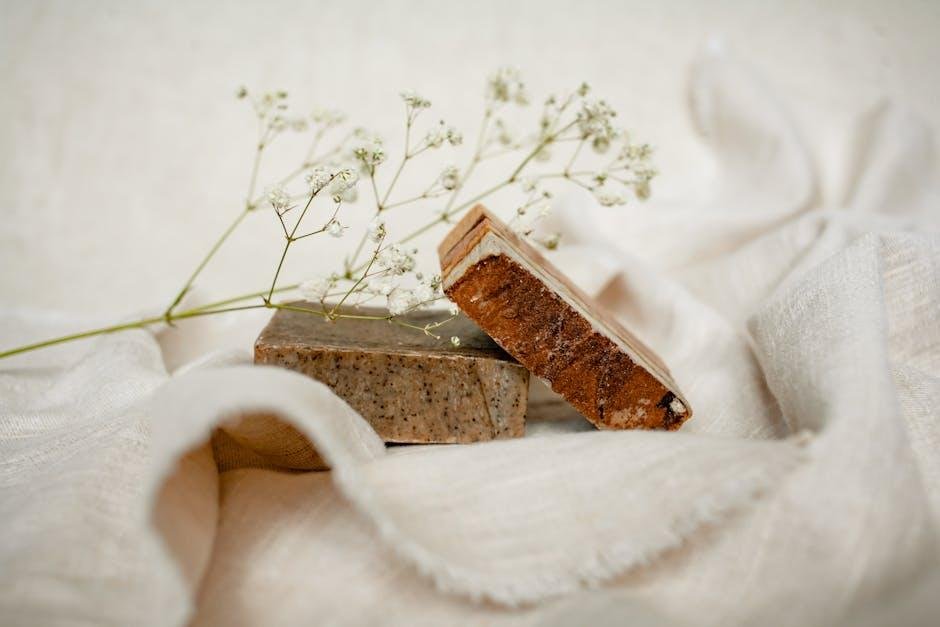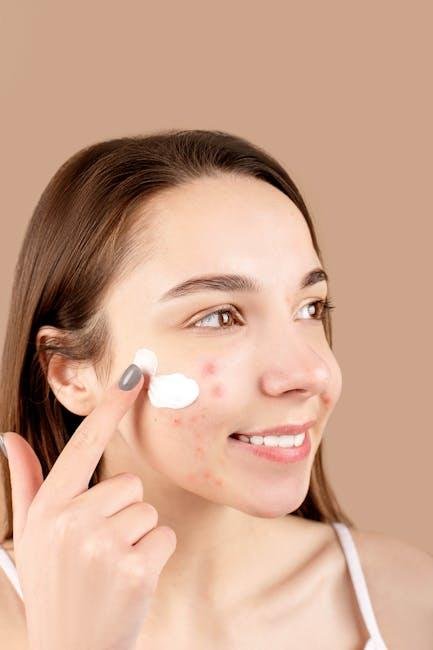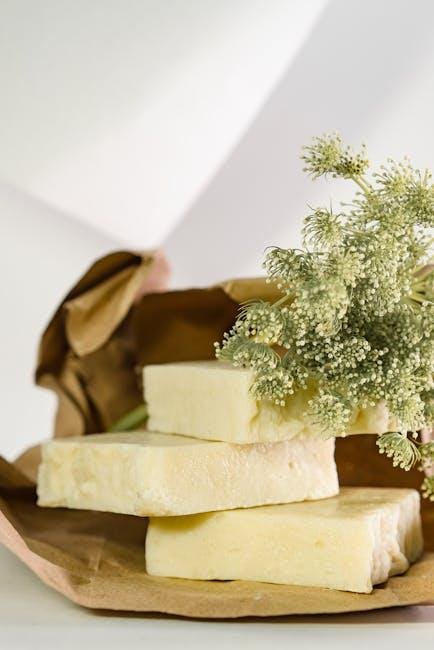In a world where the scent of lavender and fresh cotton are staples in our personal care routines, the rise of fragrance-free products has become a comforting promise for those with sensitive skin. But does opting out of fragrance guarantee a gentler experience? As consumers navigate the often-treacherous terrain of skin irritations, the question lingers: can fragrance-free still lead too irritation? In this exploration, we will delve into the complexities of skincare ingredients, uncovering the potential culprits that leave our skin red, itchy, or inflamed—even in the absence of customary fragrances. join us as we unravel the layers of skin sensitivity, ingredient openness, and individual responses, shedding light on what it truly means to be fragrance-free in a marketplace teeming with promises.
Exploring the Myths Surrounding Fragrance-Free Products
There is a common belief that fragrance-free products automatically mean they are gentle on the skin. However, this is not necessarily the case. Many fragrance-free products can still contain irritants such as alcohols, preservatives, and certain botanical extracts that can trigger reactions in sensitive individuals. It is essential to understand that “fragrance-free” signifies the absence of added fragrances, not the absence of all potential allergens or irritants. Thus,when selecting a product,it is indeed crucial to read the ingredient list thoroughly.
In fact, several factors contribute to skin irritation beyond the presence of fragrance. consider these key points when evaluating your skincare options:
- pH Levels: Products with an unbalanced pH can disrupt the skin barrier.
- Active Ingredients: Certain actives like retinol or acids may provoke sensitivity.
- Formulation: The overall formulation,including emulsifiers and thickeners,also matters.
Understanding these elements can empower you to make informed choices about the products you use, irrespective of their scent status.

The Chemistry of Irritation: Understanding Skin Responses
When we think of skin irritation,fragrances are often the primary culprits that come to mind. Though, it is indeed essential to recognize that irritation can stem from a variety of sources, even in products marked as fragrance-free. many common ingredients,including preservatives,surfactants,and alcohols,may trigger reactions in sensitive skin. The chemistry of these substances can lead to disruption of the skin’s natural barrier, resulting in symptoms like redness, itching, and irritation. Some of these irritants include:
- Preservatives: Such as parabens and formaldehyde releasers.
- Surfactants: Commonly found in cleansers, these can strip the skin of moisture.
- Alcohols: Their drying effects can exacerbate sensitivity.
Understanding the potential irritants in skincare products requires a keen look at the ingredient list and an awareness of one’s own skin sensitivities.It’s also important to note that even non-sensitizing ingredients can become problematic when exposed to environmental factors such as sun, heat, or other personal care products. To help clarify which ingredients can lead to irritation for different skin types, a simple reference table can be beneficial:
| Ingredient Type | Potential Irritation | Skin Types Affected |
|---|---|---|
| Preservatives | Allergic contact dermatitis | Sensitive, Dry |
| Fragrance-Free Products | May still contain irritants | All skin types |
| harsh Cleansers | moisture strip | Oily, Combination |

Practical Tips for Choosing Truly Gentle Skincare
When selecting skincare products that promise to be gentle, it’s crucial to delve deeper than just the label. Look for products with minimal ingredients to reduce the risk of irritation.Ingredients such as ceramides, hyaluronic acid, and glycerin are known for their moisturizing properties without being harsh on the skin. Always check for pH-balanced formulations, which can help maintain your skin’s natural barrier.A simple way to identify gentle options is to avoid formulations that include alcohols, sulfates, and synthetic dyes, as they can exacerbate irritation despite being fragrance-free.
Moreover,conduct patch tests before fully incorporating a new product into your routine. Apply a small amount on a discreet area of your skin, such as behind your ear or on your wrist, and observe for 24 hours. If redness or discomfort occurs, it’s best to avoid that product. Consulting with a dermatologist can also provide insights tailored to your skin type,especially if you have historically sensitive skin. Remember, just as a product is labeled ’fragrance-free’ doesn’t guarantee it won’t cause irritation—look at the full ingredient list to make informed decisions.

Recognizing Allergies: Signs Your Skin May Be Reacting
Recognizing skin reactions can be crucial in determining if your skin is sensitive to certain products, even those labeled as fragrance-free.Some common signs of an allergic reaction include:
- Redness: Your skin may appear red or inflamed, indicating irritation.
- Itchiness: Persistent itching can signal an adverse reaction to ingredients.
- Rashes: The growth of small bumps or patches may indicate contact dermatitis.
- Dryness: Parched skin is often a cry for help from overly harsh products.
To effectively manage potential skin reactions, it’s essential to assess the ingredients in your skincare products. Some substances masquerading as “fragrance-free” can still provoke irritation. Refer to the table below for common irritants found in seemingly gentle formulations:
| Ingredient | Common Sources | alternative Options |
|---|---|---|
| Alcohol | Lotions, cleansers | Creams, oils |
| Preservatives | Moisturizers | Natural formulations |
| Essential Oils | Balms, serums | unscented alternatives |
To Conclude
In the quest for gentle skin care, the allure of fragrance-free products frequently enough promises relief and comfort. Though, as we’ve explored throughout this article, the absence of scent doesn’t always equate to a decrease in irritation.Our skin, a complex organ, can react to various ingredients in unexpected ways, regardless of their fragrance status.As you navigate the shelves of skincare options, consider that “fragrance-free” is not a one-size-fits-all solution. Instead, it’s essential to delve into the ingredient lists, understand your unique skin sensitivities, and perhaps even consult with a dermatologist.
Ultimately, the journey toward healthier skin is highly individualistic, requiring patience and a touch of experimentation. So, as you continue to filter through the multitude of products available, remember that your skin’s needs are as unique as your own fingerprint—truly, what works for one may not work for another. Keep exploring, stay informed, and let your skin lead the way to its own version of harmony.

